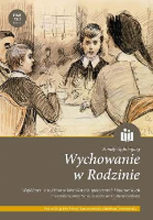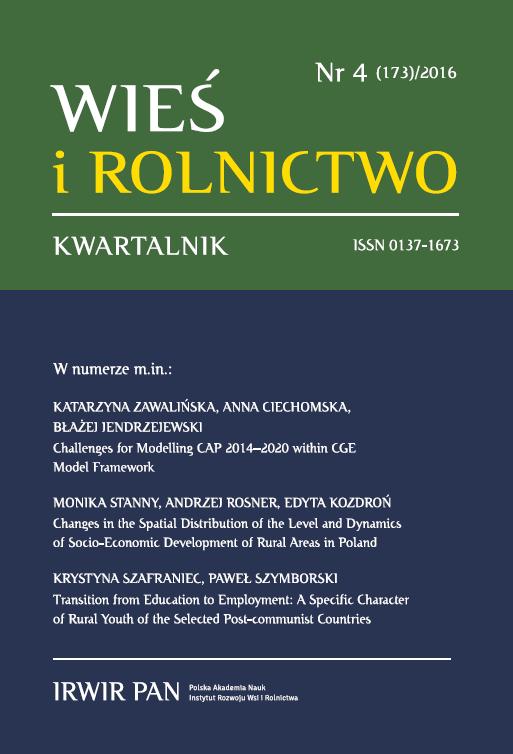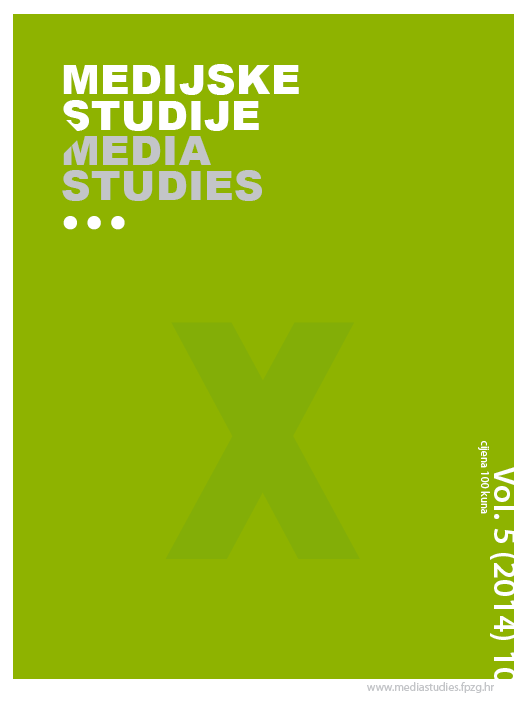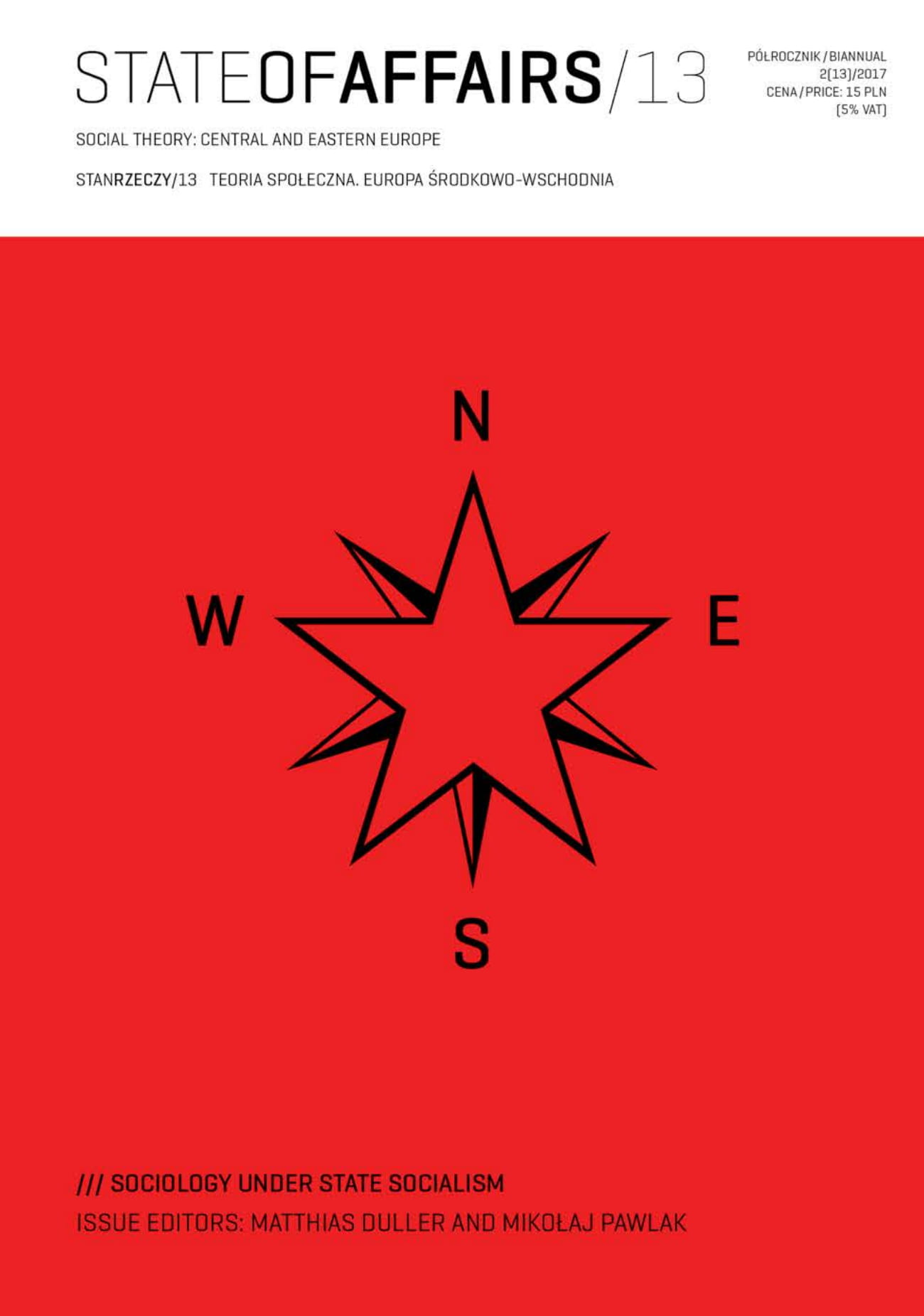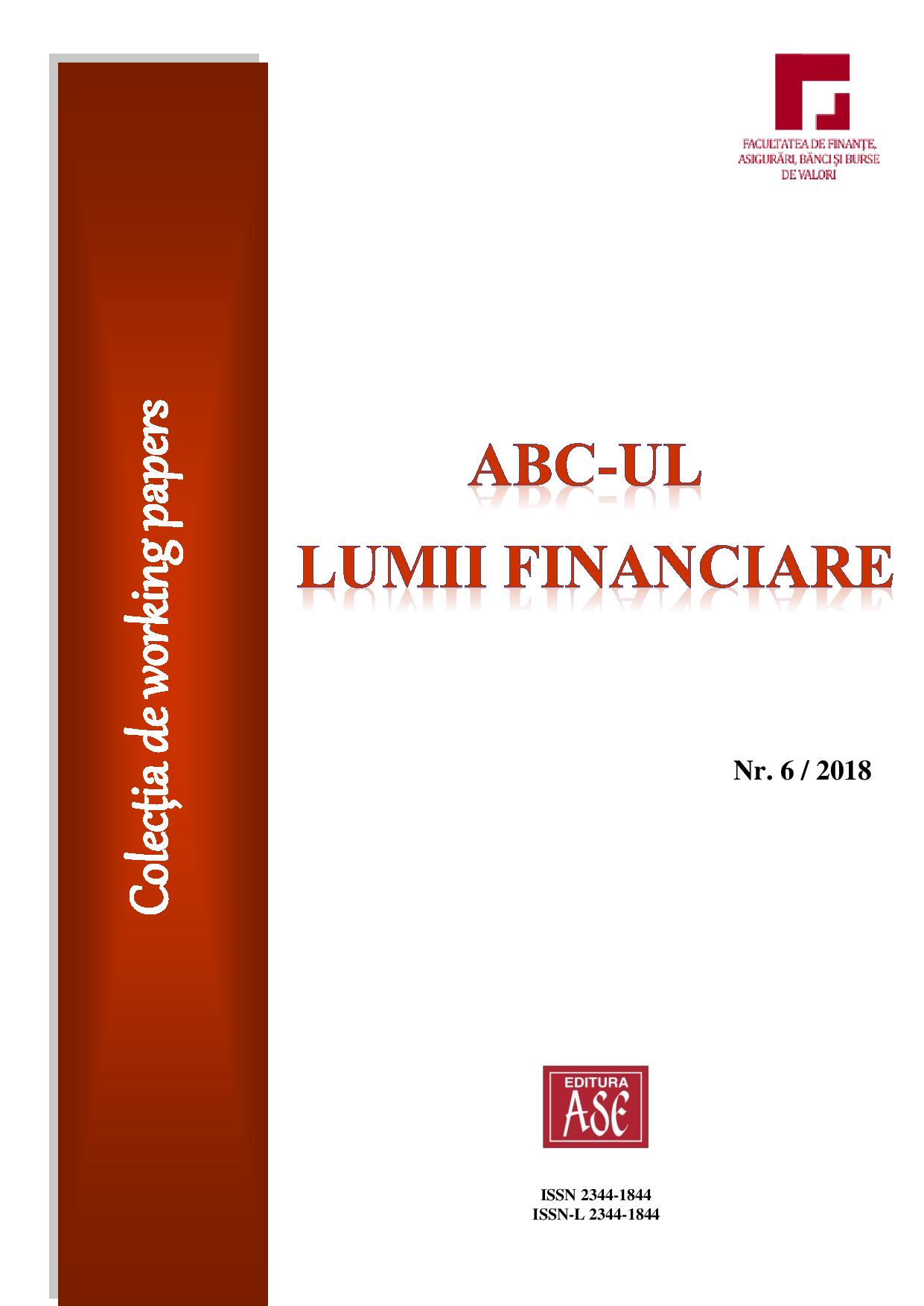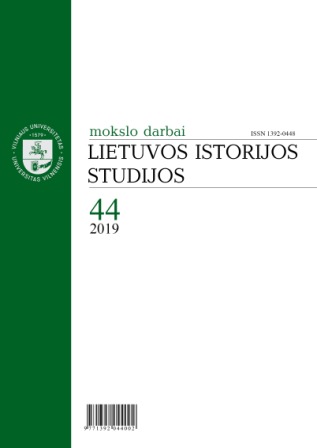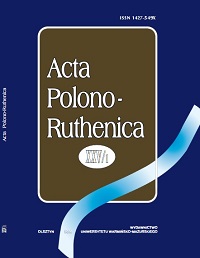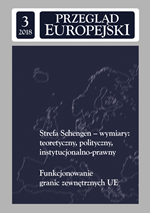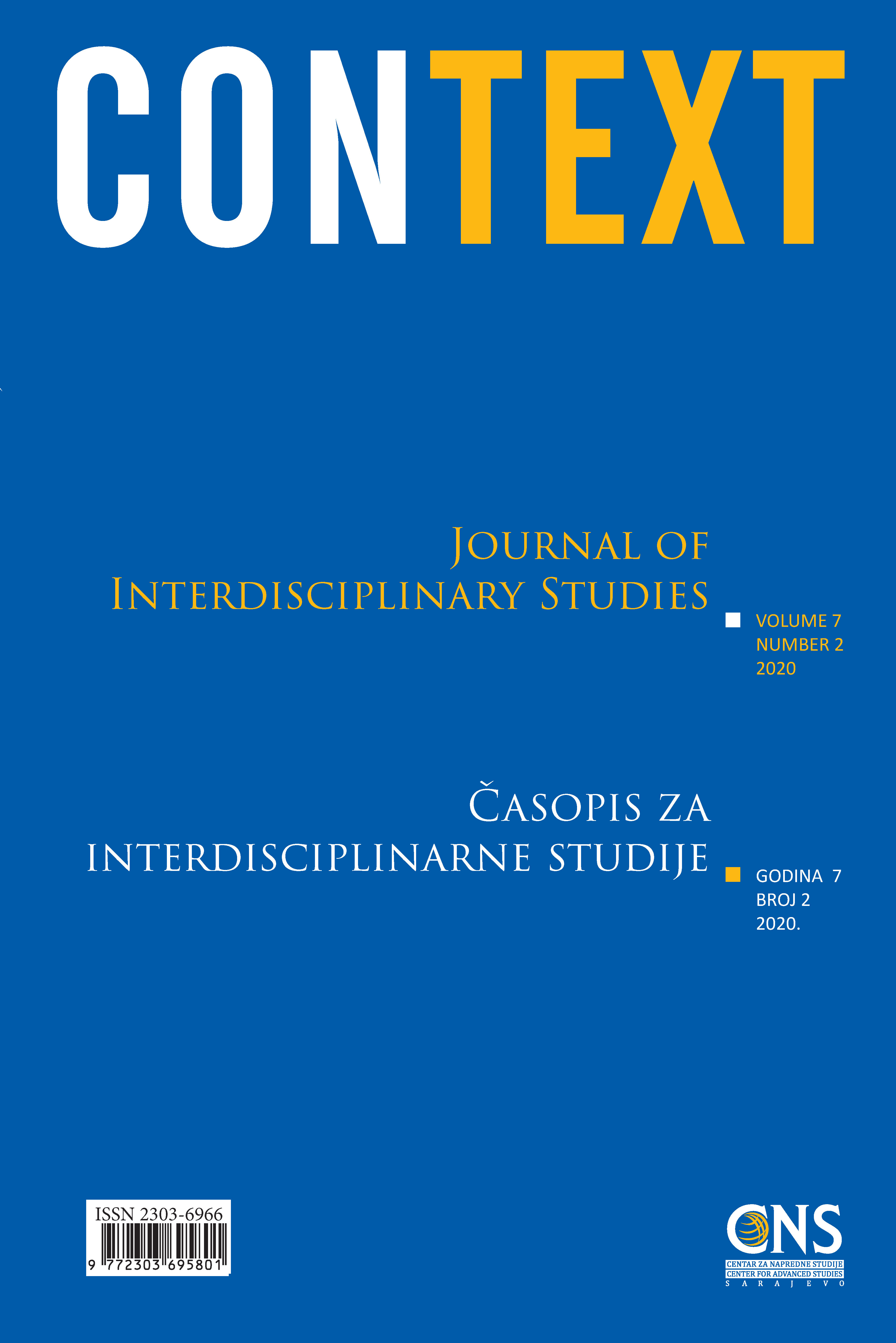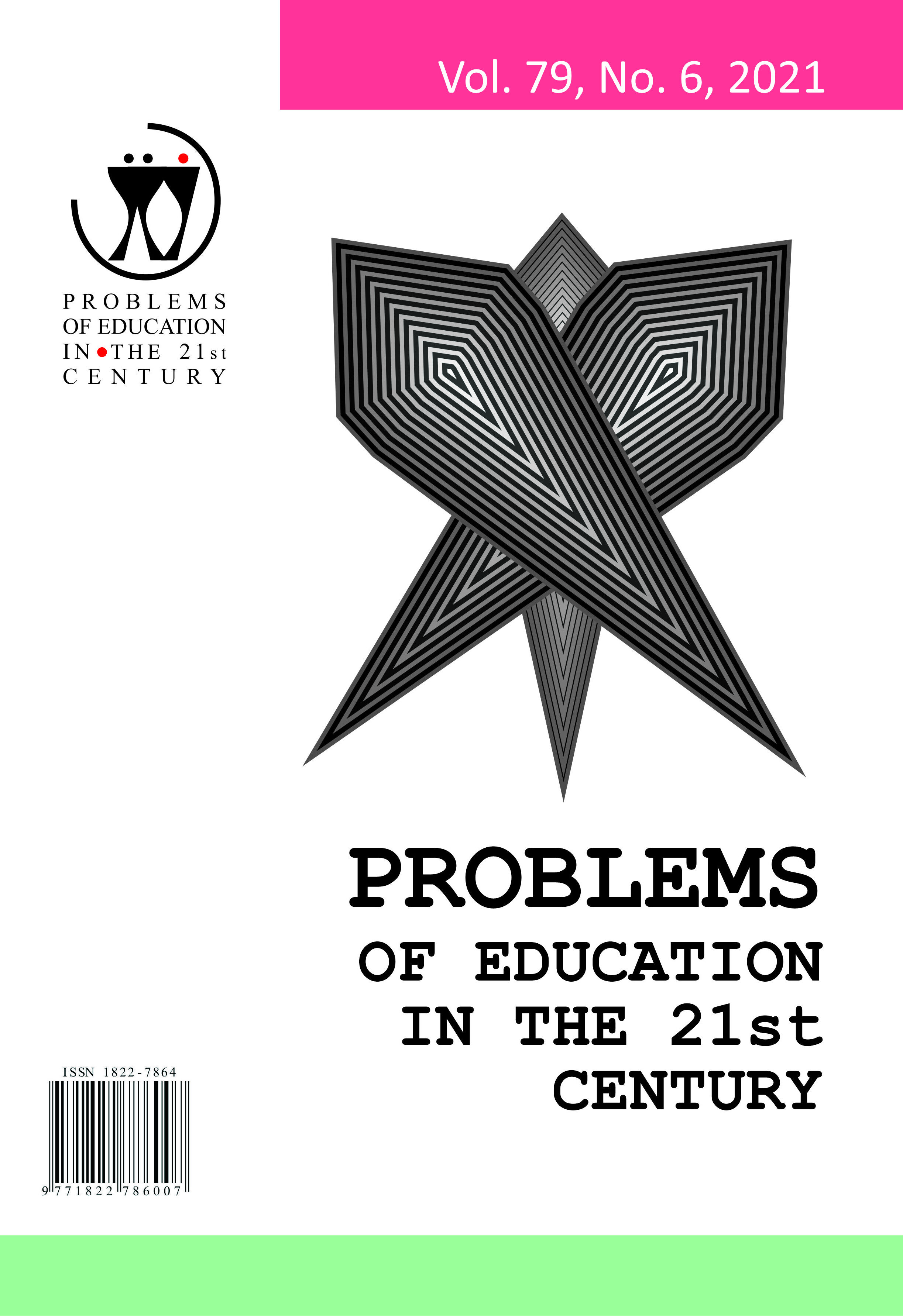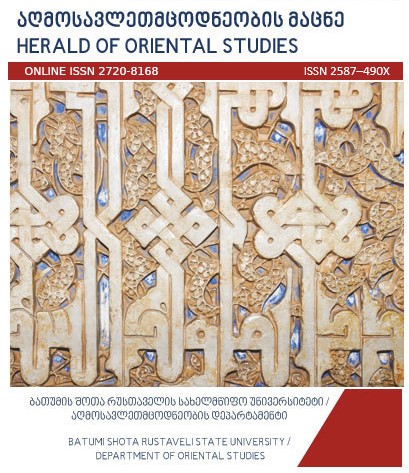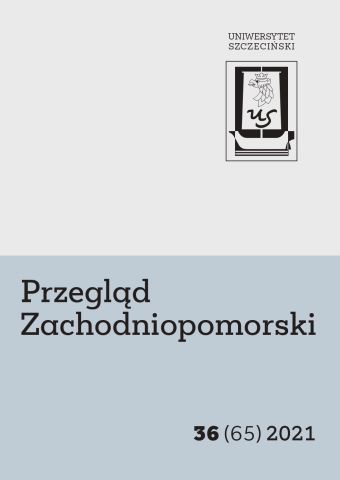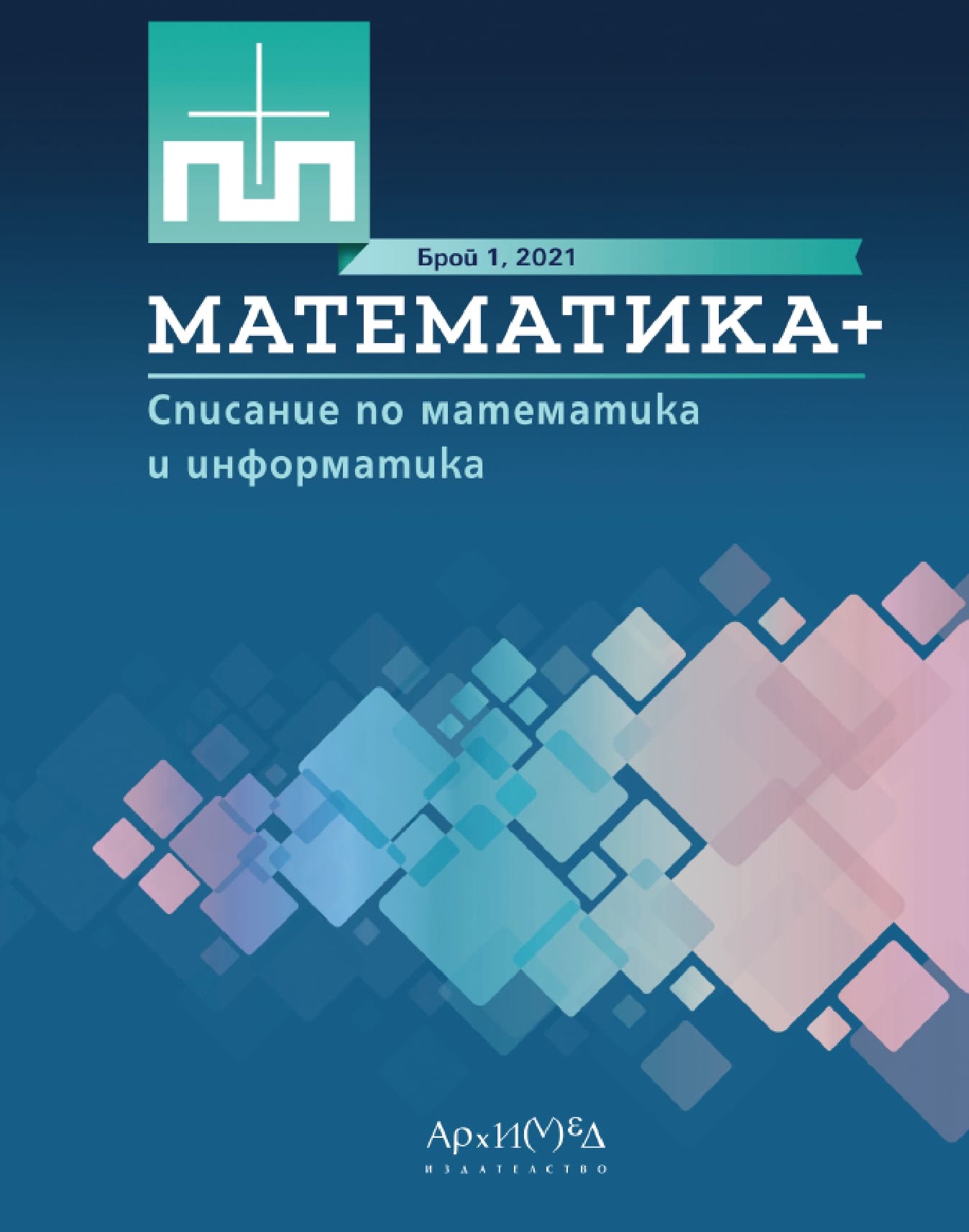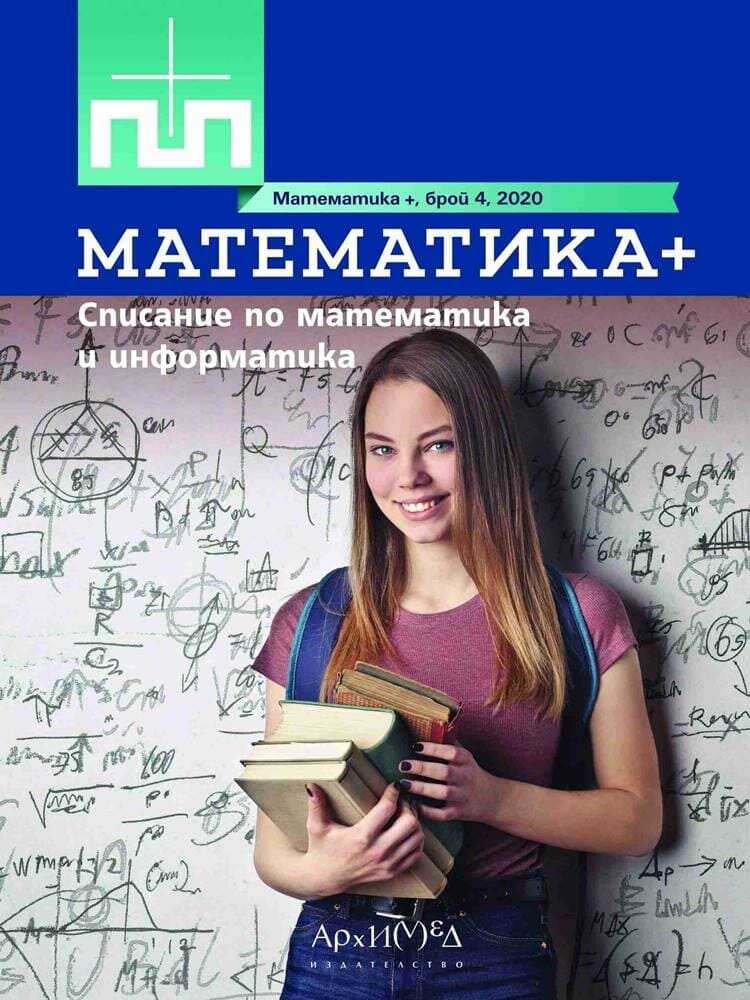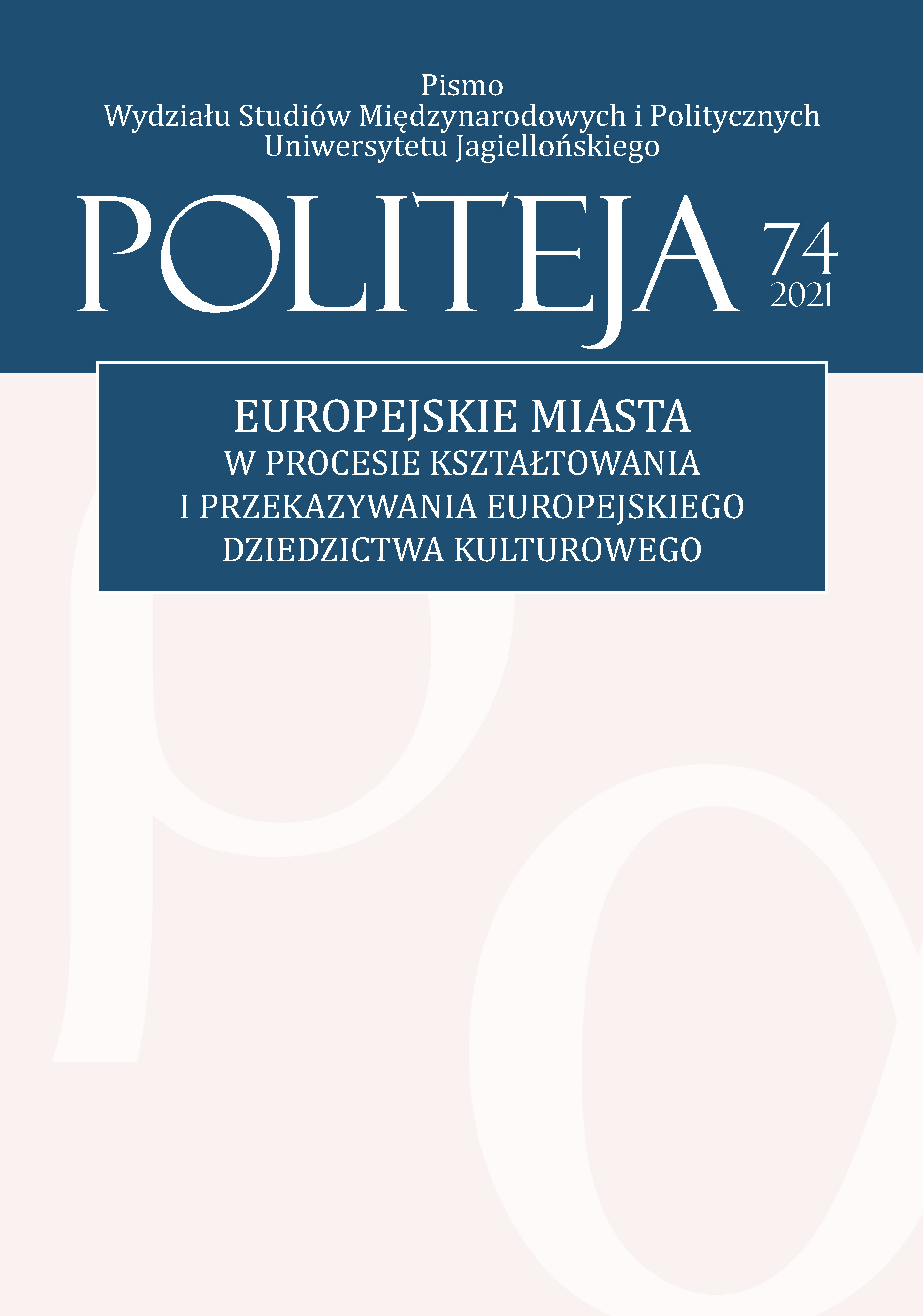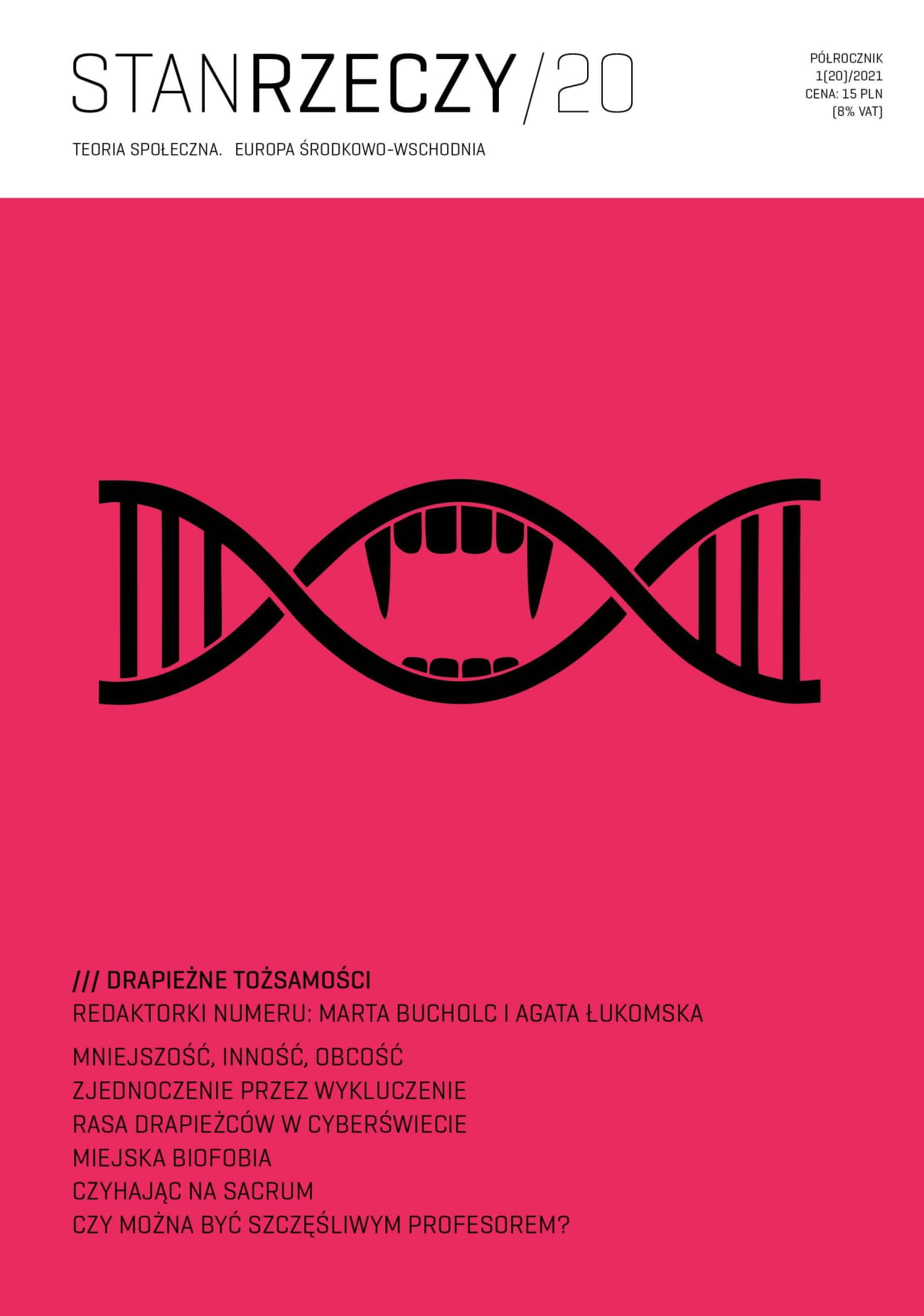Author(s): Manuchar Loria / Language(s): Georgian
Issue: 1/2018
Shalom Koboshvili’s artwork causes interest in relation with its display of Georgian reality through the drawings. Shalom was born in 1876 in Akhaltsikhe in a poor Jewish family. In 1937 he started his career at Georgian Jewish Historical-Ethnographic Museum holding gatekeeper’s position. By initiative of Aron Krikhel the museum was established and put into operation on November 23, 1933. The museum had three departments: ethnographic, historical and socialist ones. In 1934-1936 the museum implemented the scientific expeditions to almost all Georgian regions, populated by Georgian Jews communities. The expeditions resulted in collection of a essential ethnographic material. Having increased its scientific potential, in 1940-1945 the museum published three proceedings, playing a great role in increase of the Jewish people self-awareness and promotion of culture of Diaspora.The activities, implemented by Georgian Jewish Historical-Ethnographic Museum deeply impressed Sh. Koboshvili, who started painting at the age of sixty. During five year period, self-taught artist created more than 60 different size pictures, performed in pencil, water color and oil painting. Mainly his drawings display old and new lifestyle of Jews living in Akhlatsikhe.Peculiarities of every day life of Georgian Jews are carefully shown in the following pictures and drawings created by Koboshvili: ajla; agkala; a child, visiting self-taught doctor; missionary, selling amulets; atara; childbirth; taking a child to circumcision, a market in Akhaltsikhe; the Bible of Breti; Jewish district (Akhlatsikhe); Jew bashing; Mikveh; ill woman with self-taught doctor at mikveh; missionary, blessing children; boy-servant; rich jewish man’s wife visiting a bath; groom; bride; taking a bride to the bath; Simhat Torah holiday; money distribution after agkal, Purim; street venders; ritual immolation of chicken; selling of Jewish boy-servant by feudal lords; handiwork; herem-anathema and others. Our work is focused on only some aspects of lifestyle of the Jewish family.On the basis of toponymic, archeologic and ethnographic material it may be stated that town districts in Georgia were arranged under different principles. In some cases there were the distrcits, arranged in accordance with activites, characterizing the persons living there, in other ones, the separate districts were arranged in accordance with the ethnical, religios or other patterns. The same principle also characterized the Jews living in different regions of Georgia. Jewish districts were arranged around the synagogues in Tbilisi, Kutaisi, Surami, Sachkhere, Oni, Tskhinvali, Akhaltsikhe, Kula, Bandza...As an illustration we present only several drawings by Shalom Koboshvili: Jewish district in Akhlatsikhe – a painting, which by its charming huts and barracks, drawn in pleasant and attractive colors, displays reality of Jewish life. Only two synagogue buildings are distinctive by their size and arrangement in the district resembling a mountain village. Through this picture, the author wants to mention, that despite the Jews lived in poor barracks and had low-wage jobs, they could construct beautiful synagogues38. This fact is also proved by the other authors, e.g. I. David noted, that “Jewish population of Akhaltsikhe lived in huts,illuminated by sunlights coming from the roofs”. According to census, implemented by Commission of National Minorities of Georgian Government in 1932, Jewish houses in Akhaltsikhe were single-floor ones, sometimes – semi-huts. The houses typically contained two rooms. Rich people typically had three rooms, seldom ten-twelve rooms, in which sixty to seventy people lived. Garbage, discharged from one house, was often collected on the roofs of the other ones. Dirt floor, especially in kitchens, where they spent most of their time, also was a typical characteristic feature of Jewish house.The message, related with the houses of the Jewish people, sent in 1933 to the Central Executive Committee of the Soviet Union by Ph. Makharadze contained the following description: “the houses, in which the majority of the Jewish people live, are semi-ruined mud huts, they are built from twigs and grove of Jerusalem thorns. The houses are damp, obscure, poorly ventilated, unprotected from winds, rains and cold weather. Almost each member of community has insufficient living space – 1 square meter, multi-child families live in one room of 10-15 square meters and don’t have utility spaces. Because of the density of closely located houses, even a low scale fire will destroy the whole settlement resulting hundreds of thousands victims among Jewish population”.In some cases, Jewish house also had a religious status. According to I. Papismamedov: “16-17 Jewish families, residing in Gori, lived in one two-storey house. One big room on the second floor was allocated for prayer, there was one-pool mikveh on the first floor, which belonged to the whole Jewsih community of Gori”. Inspired by above mentioned, Sh. Kobiashvili in 1938 painted ethnography-related drawing: “Mikveh” and “Ill woman and self-taught doctor at mikveh”. One day prior wedding ceremony, Jewish woman was brought to the mikveh for participation in religious ceremony of ritual purity. Mikveh is a ritual pool filling in only by rain water. After three divings into the pool, the bride (without wiping her body) dressed her dress. According Jewsih customs, the ceremony was related with reproduction and fertility. Through the ritual, the bride was awarded childbirth ability and fertilizing power of water. Fertilizing power of water also played an important role in Georgian ethnographic life. Ritual bathing was obligatory for Jewish women who participated in the ceremony in different cases, for example they were prohibited to share a bed with their husbands without a symbolic purification.
More...

